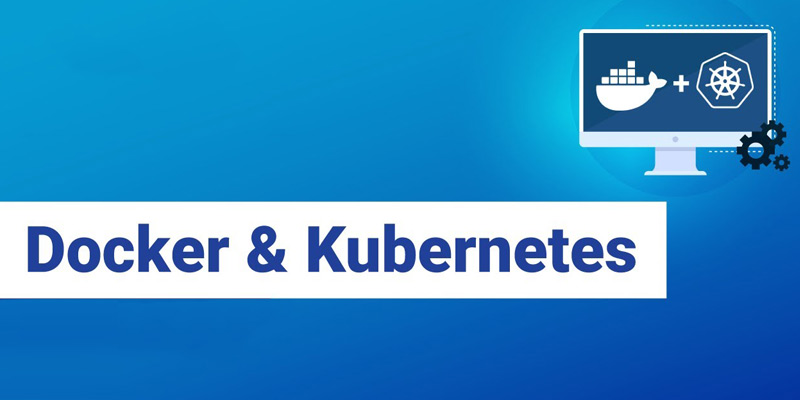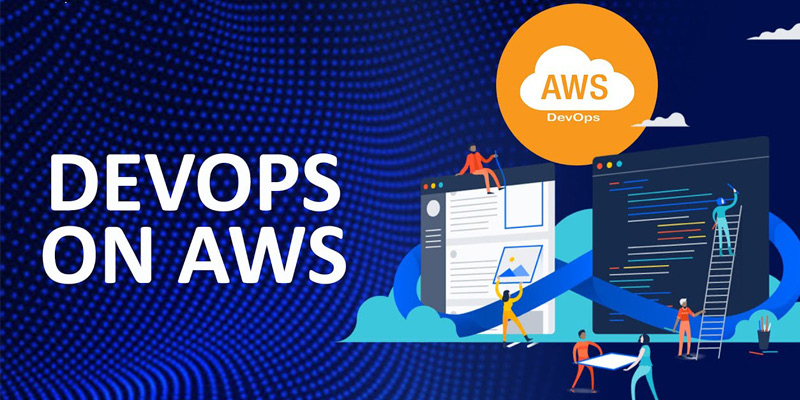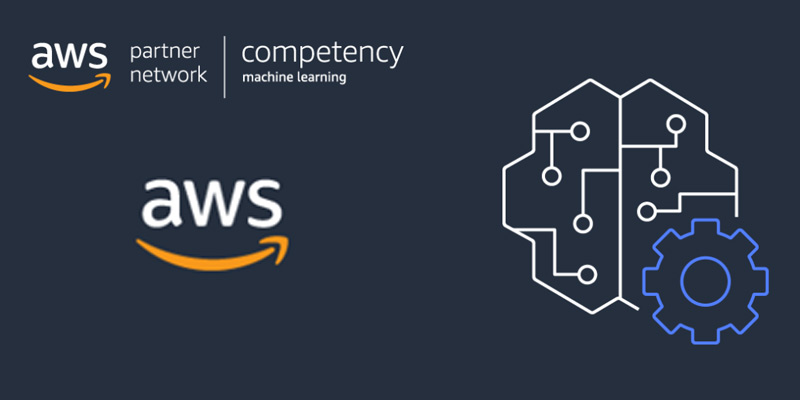- +91 90080 05404
- reach@thecloudenabled.com
- India, Singapore
Building AI-Driven Applications with Cloud and DevOps Expertise



From Concept to Reality: Building AI-Driven Applications with Cloud and DevOps Expertise
In today’s rapidly evolving technological landscape, artificial intelligence (AI) has emerged as a powerful tool that can revolutionize the way businesses operate. However, building AI-driven applications requires a comprehensive understanding of not only AI algorithms but also the underlying infrastructure and development processes. This is where the combination of cloud computing and DevOps expertise plays a crucial role. In this blog post, we will explore the journey from concept to reality in building AI-driven applications, leveraging the power of cloud computing and DevOps practices.
Understanding the Concept:
Before embarking on any application development journey, it is essential to have a clear understanding of the concept and the problem you aim to solve with AI. Define the objectives, scope, and expected outcomes of your application. Identify the specific AI techniques and algorithms that are best suited for your use case.


Leveraging Cloud Computing:
In today’s rapidly evolving technological landscape, artificial intelligence (AI) has emerged as a powerful tool that can revolutionize the way businesses operate. However, building AI-driven applications requires a comprehensive understanding of not only AI algorithms but also the underlying infrastructure and development processes. This is where the combination of cloud computing and DevOps expertise plays a crucial role. In this blog post, we will explore the journey from concept to reality in building AI-driven applications, leveraging the power of cloud computing and DevOps practices.
Data Collection and Preparation:
Building effective AI models requires high-quality data. Collecting and preparing relevant datasets is a critical step in the development process. Leverage cloud storage solutions to securely store and manage large volumes of data. Use data integration and preprocessing techniques to clean, transform, and format the data for training AI models.
Training AI Models:
With cloud computing resources at your disposal, training AI models becomes more efficient and scalable. Utilize distributed computing frameworks like TensorFlow, PyTorch, or Apache Spark to parallelize training across multiple machines. Take advantage of the elasticity of the cloud to easily scale up or down based on the training workload.



Continuous Integration and Deployment:
DevOps practices play a vital role in the successful deployment of AI-driven applications. Implement continuous integration and continuous deployment (CI/CD) pipelines to automate the build, testing, and deployment processes. This ensures that changes in the AI models or application code are deployed quickly and reliably, reducing time to market and improving overall efficiency.
Monitoring and Iteration:
Once your AI-driven application is deployed, monitoring its performance and gathering feedback from users is crucial. Leverage cloud-based monitoring tools and logging services to track application metrics, detect anomalies, and identify areas for improvement. Iterate on your models and application based on the insights gained from monitoring and user feedback.
Ensuring Security and Compliance:
AI-driven applications often deal with sensitive data, making security and compliance a top priority. Implement robust security measures, such as encryption, access controls, and secure APIs, to protect data privacy. Ensure compliance with industry-specific regulations, such as GDPR or HIPAA, when dealing with personal or sensitive information.
Conclusion:
Building AI-driven applications requires a combination of AI expertise, cloud computing infrastructure, and DevOps practices. The cloud provides the necessary scalability, resources, and AI services to develop and deploy robust applications. DevOps practices enable seamless integration, deployment, and iteration, ensuring efficient and reliable application delivery. By leveraging cloud and DevOps expertise, businesses can turn their AI concepts into reality, unlocking the potential for transformative innovation and competitive advantage.
Remember, the journey from concept to reality involves careful planning, continuous learning, and adaptation. Embrace the power of cloud computing and DevOps practices to build AI-driven applications that deliver real-world impact.
About Author


Anil Bidari
Anil Bidari is a versatile trainer and consultant specializing in GitLab, AWS, Azure, Google, DevOps, Jenkins, Kubernetes, Ansible, Docker, Agile, and Machine Learning.



